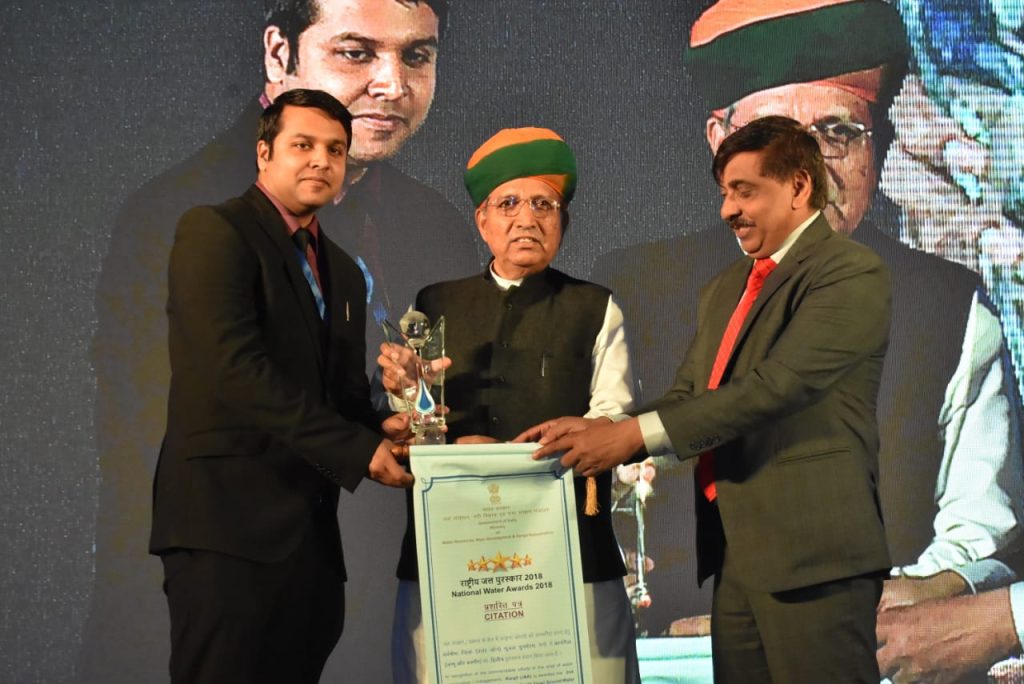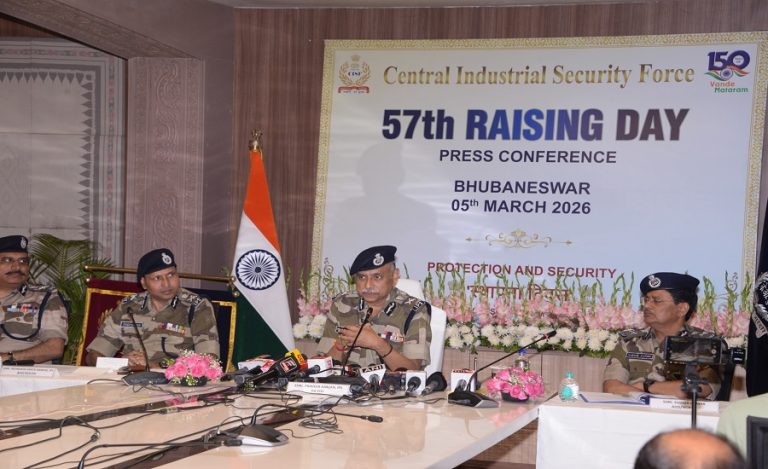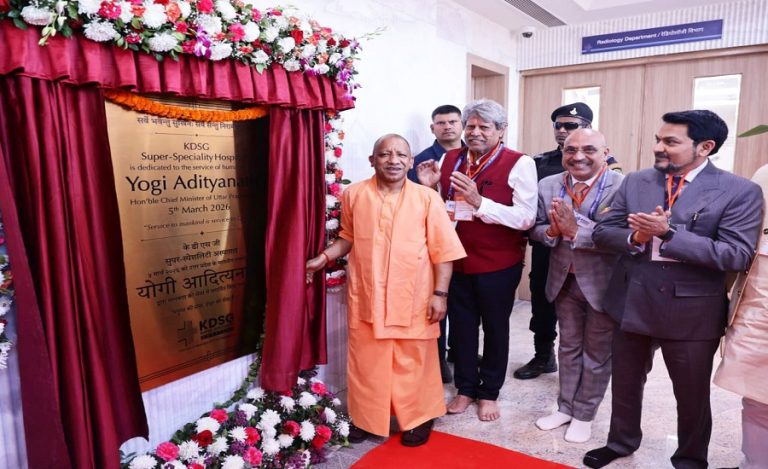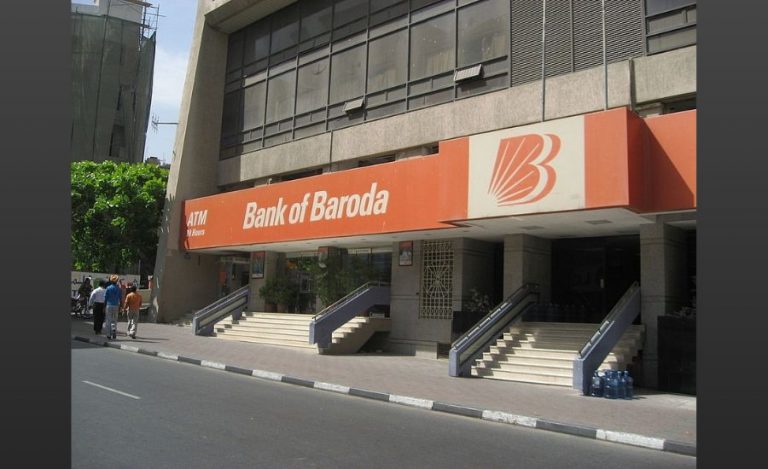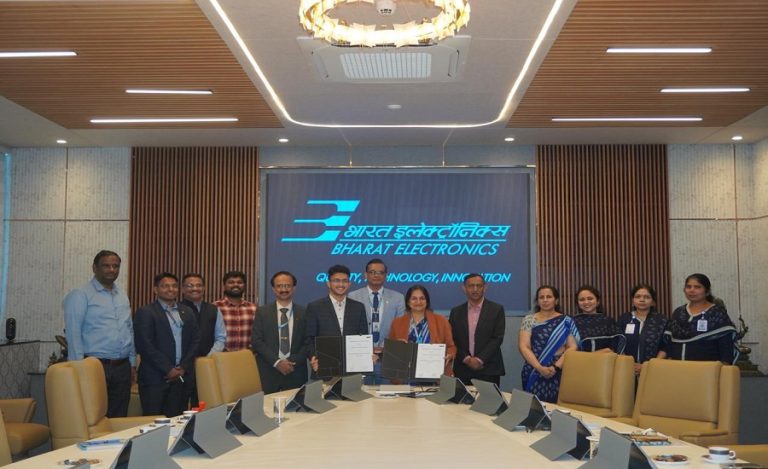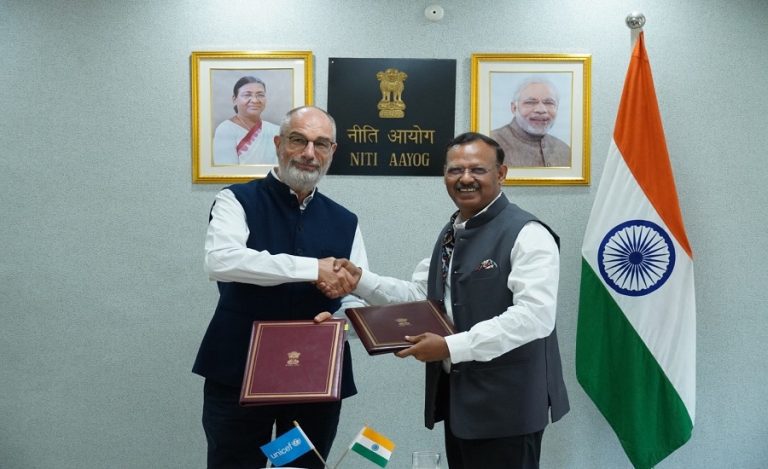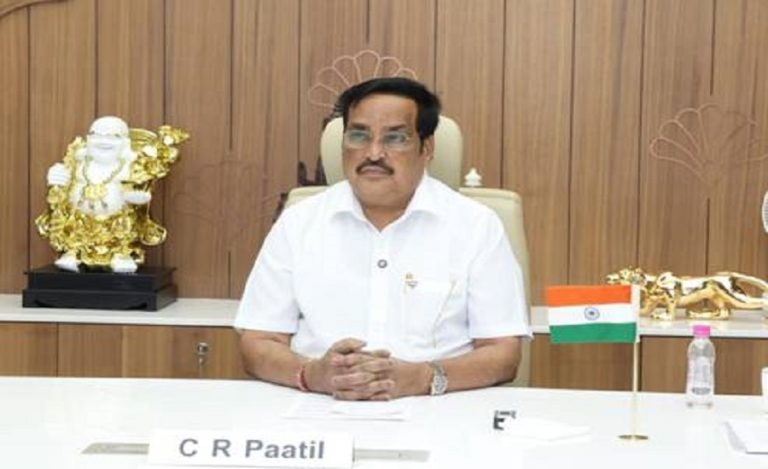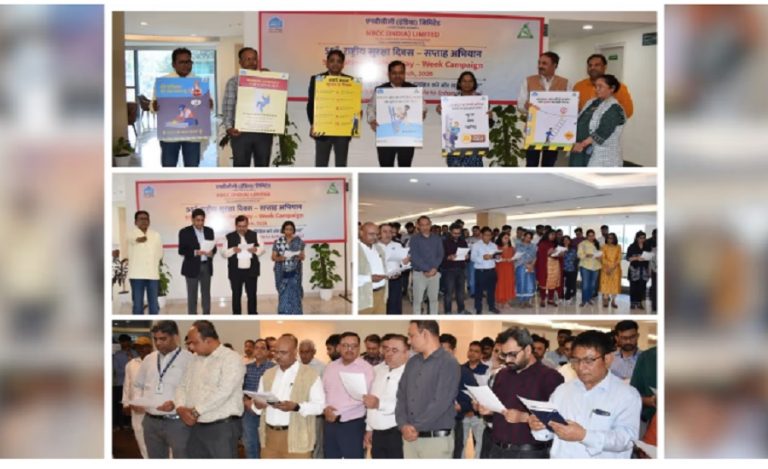India is a land of great incongruities. In the Bundelkhand region, falling in both Uttar Pradesh and Madhya Pradesh, there exist the world-famous Khajuraho temples at its one end and the vast drought-hit agriculture belts in the other. At its one end, tourists troop in from all over the world. On its other end, many distressed farmers commit suicides.
It was in these circumstances that Dr. Mannan Akhtar got his posting as District Magistrate of drought-affected Jalaun region of Bundelkhand. From the very beginning, Dr. Akhtar knew he had to first understand the poor farmers’ issues before looking for solutions.
The DM’s experience as a certified doctor also came in handy. In a detailed interview with Indian Masterminds, Dr. Akhtar disclosed how he addressed the issues of water scarcity, healthcare for children, and education for girls.
AIDING THE FARMERS
It was in September 2017 that Akhtar came to Jalaun and acquainted with its numerous problems. He said, “The issue related to water scarcity has been prevailing in Bundelkhand for a long time. Severe droughts result in no crops, which further results in no income for the farmers.”
Dr. Akhtar wanted to act on these problems as soon as possible, therefore he immediately began work on the water issue. After consulting local people, he found out that though several check dams had been built in the region, many fell into disrepair. He soon conducted a survey in which he found that out of 400 check dams in the district, 256 were in very poor condition. To reconstruct the dead check dams, a hefty amount of 5-7 lakhs for each dam was required.
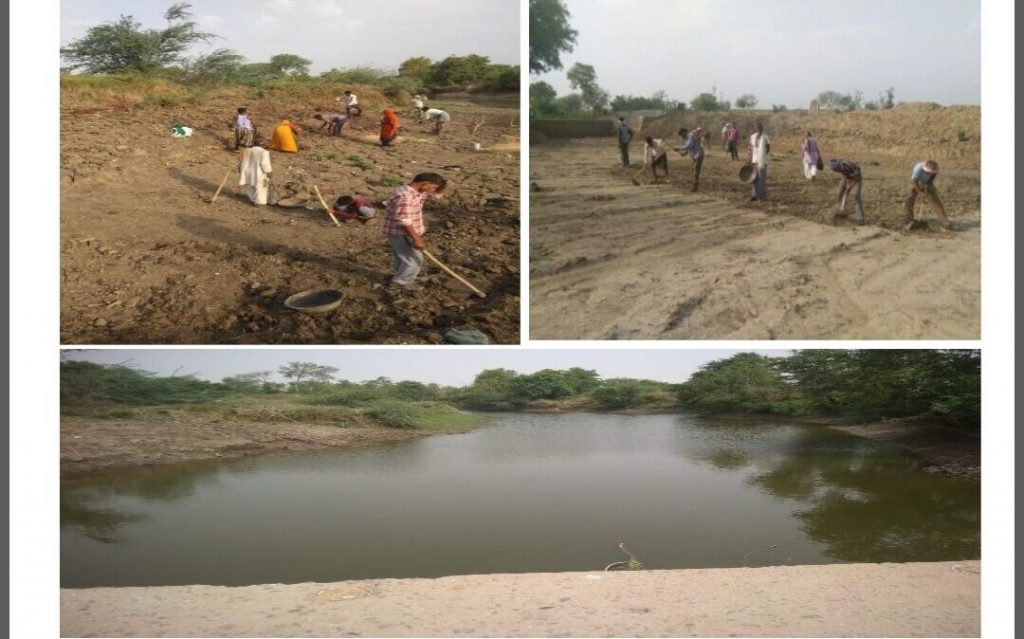
Dr. Mannan said, “We started the `Bhujal Kosh Sanchay’ (BKS) initiative to inculcate awareness and develop the concept of ‘water as capital’ and groundwater as a ‘Kosh (fund)’. Under the scheme, we repaired and added some modifications in the existing check dams with locally available funds, mainly through Panchayati Raj institutes. After this, we started constructing checks and contour dams on individual lands of farmers, so that water is available for irrigation and farmers feel more productive. The project was executed during the months of April to June, so that maximum recharge of water could be utilized during the rainy season.”

In these three years, Dr. Mannan has managed to rebuild majority of dead check dams, resulting in benefits to around 10,000 farmers. These dams also recharged the groundwater level capacity by 243%, which reduced the cost of boring for the farmers. The irrigation potential was increased by about 102 percent, from 1930 hectare to 3900 hectares. Apart from this, the surface water storage also increased by 400 percent between two years. As the rate of unemployment is maximum due to the migration, it also created employment of 1,46,880-man-days during this time of distress.
THE RECOGNITION
Due to his exemplary work by Dr. Akhtar, the BKS initiative was recognized at the national level and Jalaun was awarded the best district in the groundwater conservation category. Dr. Mannan Akhtar was also awarded the National Water Award at New Delhi by the Ministry of Water Conservation.
Dr. Akhtar has not only been aiding the farmers but he has also taken other initiatives which are benefitting the children in primary schools, as also `Anganwadi’ centres and underprivileged girls in far-flung villages of the district.
MEDICAL EXPERIENCE COMES HANDY IN PUBLIC ADMINISTRATION
Apart from focusing on the problems related to water scarcity, Dr. Mannan leveraged his experience of studying in a medical college and rectified the unorganized health treatment of children in private and `Anganwadi’ schools all over the district. This he did under the `Rashtriya Bal Swathya Karyakram’(RBSK) scheme.
He said, “The system was pretty unorganized as the medical teams did not reach the schools on time. They used to give a random account of how many children they treated, without proper identification of the affected children, as also the deficiencies detected and treatment prescribed. Therefore, to keep stock of things, we properly digitized the process and started taking follow-ups of children till the completion of their treatment.”

At around the same time, The `Jalaun Samvardhan’ app was made to improve the attendance of RBSK workers, through facial recognition by clicking a selfie. It also included time stamp and geotagging, thus confirming the presence of everyone from the team at the exact location at the exact time. Secondly, it aimed at improving team service by reorienting and training them to identify children properly. Lastly, the proper treatment of children was traced. Every referred child’s record was uploaded and monitored at each level till the treatment was completed.
Under this initiative, a full database of every child’s disease, referral, and treatment was recorded in the dashboard of the app. This helped in making things smoother and more systematic.
Dr. Mannan has also been benefitting a lot of underprivileged girls in the district. This we will discuss soon in another story concerning this wonderful IAS officer.

